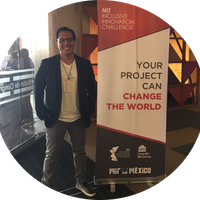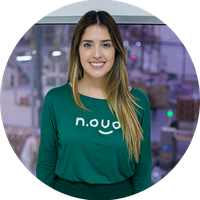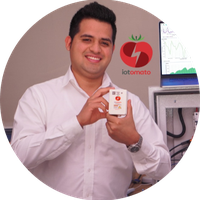Biotechnology & medicine
Christina Boville
She modifies enzymes to enable production of new compounds for industry.

Latin America
Robinson López
Driving the digitalization of smallholder farmers to increase their production and expand their markets.

Latin America
Amanda Pinto
Her vegan egg substitutes reduce the impact of agriculture and animal product consumption.

China
Yue Shao
Pioneered development of embryo-free human embryology

Latin America
Jesús Mueras
Using IoT to reduce electricity consumption and reduce the environmental footprint of companies and individuals.
